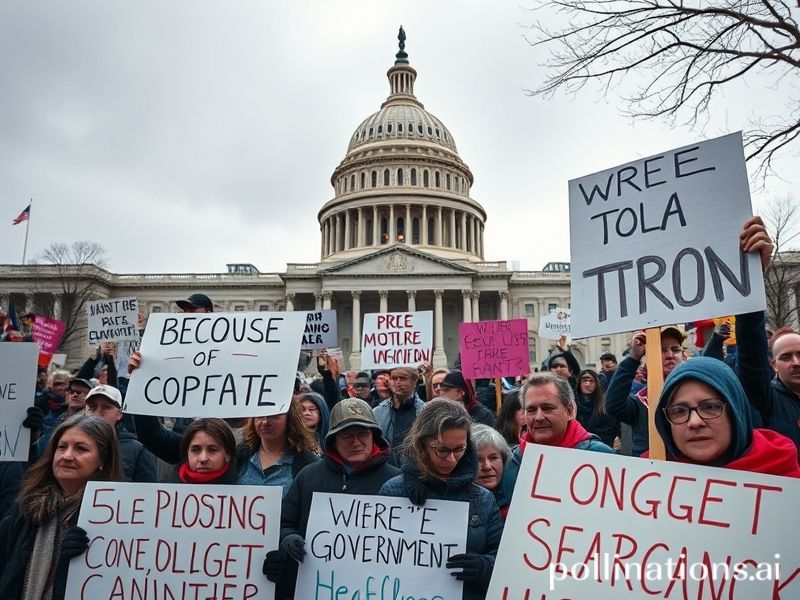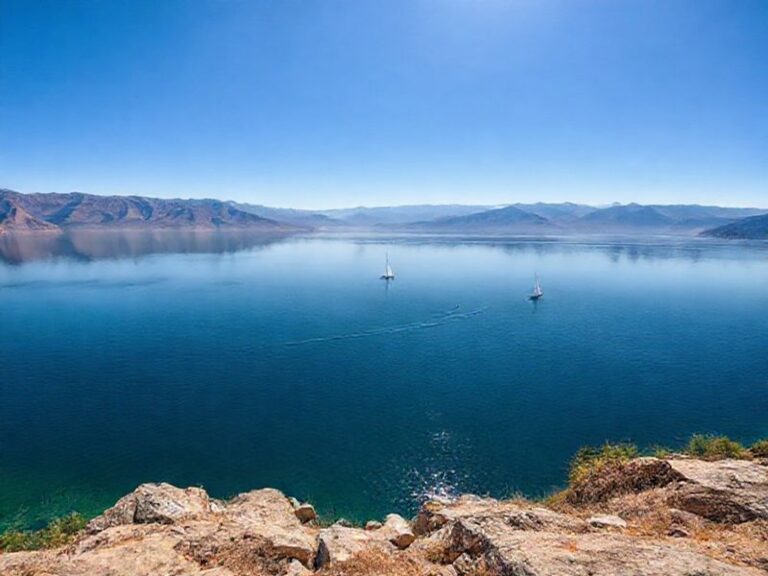The Great Shutdown Showdown: Why the World Can’t Look Away from America’s Political Drama
# **The Great Shutdown Showdown: Why the World’s Watching America’s Political Theater**
In the grand, never-ending soap opera that is American politics, we’ve seen our fair share of drama. But the latest episode—this government shutdown saga—has managed to captivate not just the U.S., but the entire globe. Why? Because nothing says “entertainment” like watching a superpower fumble its way through a political standoff that’s lasted longer than most reality TV seasons. Let’s break down why this shutdown is trending globally, what it means for culture and society, and why the world can’t look away.
### **Why the World’s Glued to the Shutdown Drama**
First off, let’s acknowledge the obvious: the U.S. government shutdown is like a slow-motion car crash. You know you shouldn’t stare, but you just can’t look away. The sheer absurdity of it all—politicians bickering over funding for a wall while federal workers go unpaid—has turned into a global spectacle. It’s the kind of political theater that makes you question whether democracy is just a really elaborate reality show.
But why is the world so invested? For starters, the U.S. is a global superpower, and when its government grinds to a halt, the ripple effects are felt everywhere. Markets fluctuate, international relations get awkward, and suddenly, everyone’s wondering if Uncle Sam is going to pay his bills on time. It’s like watching your rich but irresponsible cousin max out his credit cards—you’re equal parts amused and concerned.
### **Cultural Context: The Shutdown as a Meme**
In internet culture, everything is fodder for memes, and this shutdown is no exception. From “Government Shutdown Bingo” to “Which Political Figure Are You?” quizzes, the shutdown has become a viral punchline. Memes like “Congress: The Only Reality Show Where the Cast Refuses to Get Paid” have turned the crisis into a cultural moment, making it relatable and shareable.
But beyond the memes, the shutdown has sparked serious conversations about governance, accountability, and the role of politics in everyday life. It’s a reminder that politics isn’t just something that happens in a far-off capital—it’s something that affects real people, from TSA agents working without pay to small businesses relying on government contracts.
### **Social Impact: The Human Cost**
While the political posturing is entertaining, the human cost of the shutdown is anything but. Federal workers, contractors, and their families are the ones bearing the brunt of this standoff. Food banks are seeing an uptick in visitors, and financial stress is taking a toll on mental health. The shutdown has become a stark reminder of how fragile the social safety net can be, even in one of the world’s wealthiest nations.
Internationally, the shutdown has raised eyebrows about America’s ability to lead on the global stage. If the U.S. can’t keep its own government running, how can it be trusted to broker international deals or provide aid to other countries? The shutdown has become a symbol of political dysfunction, and the world is watching to see if America can pull itself together—or if this is just the beginning of a longer, more chaotic era.
### **Why This Topic Matters**
The longest government shutdown in U.S. history isn’t just a domestic issue—it’s a global one. It’s a case study in political brinkmanship, a cautionary tale about the dangers of polarization, and a reminder that even the most powerful nations are not immune to self-inflicted wounds.
For internet culture, it’s a goldmine of content, from memes to think pieces. For the world, it’s a lesson in the consequences of political gridlock. And for the American people? It’s a wake-up call that democracy requires compromise, not just posturing.
So, as the shutdown drags on, the world will keep watching, memeing, and waiting to see if the U.S. can find a way out of this mess. Because in the end, the real question isn’t just about funding or walls—it’s about whether a government can govern.







